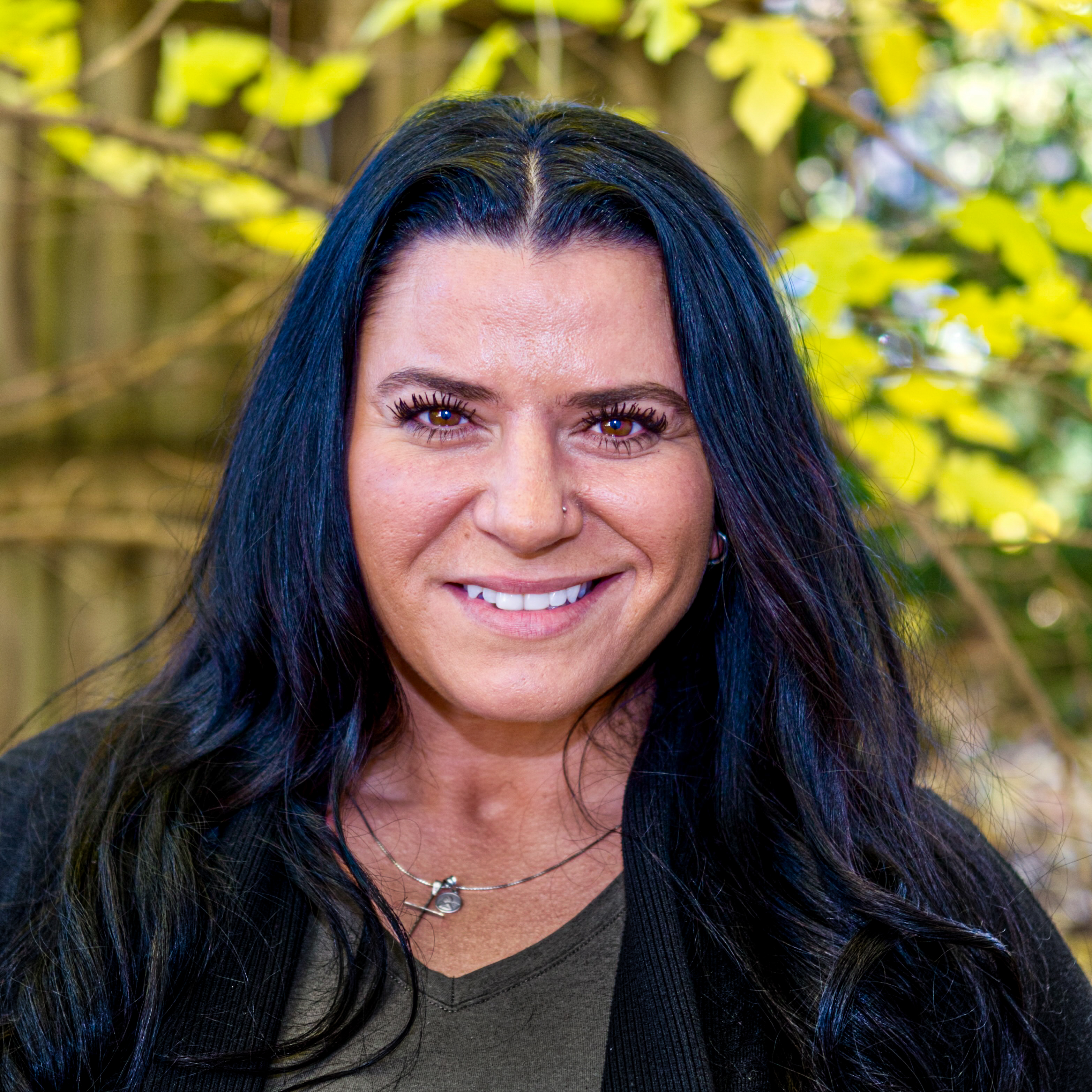ADHD & Teens
“Frustrated parents often tell me they’re scared for their son or daughter. They get constant reports from their kids’ school, or their kid have shut down and checked out of school. Getting an accurate ADHD diagnosis is important, but it’s only the first step. Next, we need to create a plan to help the student advocate for him or herself. After getting an accurate diagnosis and a practical plan, and after experiencing some success in school, students begin to view themselves more positively. What’s most exciting is when their family relationships begin to improve, too.” – Dr. Douglas Neal.
Think Your Teen May Have ADHD? Follow These Steps.
-
Know about Possible ADHD Symptoms for Teenagers (13 – 17 years)
In order to diagnose a teen with ADHD, symptoms must be present in at least two of four different life settings (home life, school, relationships, or work, if they have a job) and cause significant impairments in these settings.
Here are examples of how ADHD may affect a teen in different life settings
At School:
- Skipping items on tests, not checking or handing in homework
- Forgetting to write down assignments
- Staying off task, or disrupting the classroom, or quietly checking out
- Feeling restless during class, complaining of being bored
- Impatient, interrupts, impulsive
At Home:
- Procrastinating or avoiding tasks that require sustained attention, like homework
- Needing constant reminders to do chores
- Often losing things
- Having trouble with leisure activities, must always be on the move
- Jumping turns when playing games with siblings
In Social Situations:
- Forgetting important appointments or dates
- Changing the topic of conversation and not listening to others
- Avoiding situations that require sitting still for long periods of time
- Being impatient and getting easily bored
- Talking excessively
On average, households of adolescents with ADHD have higher levels of parent-teen conflict than households with teens who do not have ADHD. Symptoms associated with ADHD, such as forgetfulness and distractibility, make it difficult to give your teenager the kind of freedom and responsibilities that their peers have.
Inattention and impulsivity can lead to more driving tickets and accidents due to slower/variable reaction time and more impulsive errors. Studies have demonstrated that stimulant medications can have positive effects on driving performance. Natural, non-medication approaches should also be considered.
Clear communication is important. Don’t discuss issues when you are angry. Set aside a time when everyone is calm to discuss areas of disagreement. Family counseling with a counselor who understands the impact of ADHD on home life can help improve the family dynamic.
You may notice that your teen tends to be more easily frustrated or more emotionally sensitive than others their age. Participating in structured social activities, such as sports, clubs, or youth groups, can help provide a built-in social group and social opportunities.
High school comes with more demands to juggle and less supervision. Academically, the workload and difficulty of the material increase, and long-term projects rather than daily homework assignments are the norm. Your teen may benefit from ADHD coaching as well as tutoring.
ADHD Coaching
ADHD coaching focuses on helping your teen become more independent in managing their academic responsibilities by creating an organization and time management system that works for them. An ADHD coach can help a teen learn how to communicate with teachers and how to develop a calendar that’s specific to their ADHD needs.
It only takes a few successes for a teen to start to feel optimistic about his or her school life. The tools learned during a coaching session are the same tools your teen will need in college, a job, or in managing their young adult life.
Teens with ADHD are at risk for potentially serious problems as they transition into adulthood, and about two-thirds of teens with ADHD continue to experience significant symptoms of ADHD in adulthood. In addition, as they become adults, teens with ADHD are at higher risk for difficulties in education, occupation, and social relationships. However, these are only risks, not absolutes.
Most teens with ADHD become successful, productive adults when their ADHD is treated and they have the right tools to manage it. Counseling, medication, natural treatments, and coaching are all resources that can help your teen and mitigate the challenges associated with ADHD. Our ADHD counselors can coordinate all of those services into a seamless treatment plan.
Up to 80 percent of children and teens with ADHD have been found to have at least one other condition, such as oppositional defiant disorder (ODD) and conduct disorder (CD). And 50 percent of teens with ADHD have two other disorders in addition to their ADHD. This is why treating ADHD can be tricky; most of the time, you are treating not one, but two or three conditions at the same time.
Teens with ODD have difficulty accepting and following the rules and limits set by authority figures. Conduct disorder is more severe. It includes having difficulty with following rules set by authority figures, but also includes difficulty following rules and laws set by society. Mood disorders (depression) and anxiety disorders are also more common in teens with ADHD.
Substance use and abuse are significant concerns for many parents and teens. The risk for later substance use among children with ADHD ranges from 12 to 24%. Learning and communication challenges can also be common and may become apparent with the added demands of middle school and high school.
If you think your teen might be struggling with ADHD, the most important thing you can do is get an accurate diagnosis.
-
Understand How ADHD Is Diagnosed and Treated at NPS
The medical field has spent decades attempting to define ADHD, and doctors and researchers will tell you there is no single marker or ADHD test that can assess for ADHD symptoms in teens. Our center has invested over 35 years answering the question, “What is ADHD?” and researching how to measure the signs of ADHD in kids, teens, and adults.
Our founder, Dr. Neal, developed an ADHD intake assessment specifically designed for the diagnosis of ADHD. It is not a typical neuropsychological battery, which studies show cannot fully measure the symptoms of ADHD because it only has a 5% correlation to the diagnosis of ADHD.
Our team knows we must ask the right questions that reflect the entire lifespan, in different settings, with different types of people, to get at the heart of ADHD behaviors and mindsets. The assessment includes a comprehensive intake and rating scales. You bring the completed intake to the first of one to three or four sessions, during which we will interview for an extensive history at home, school, and with friends.
Our counselor will interview parents and the teen. Depending on the results of the interviews, your teen may return to take the T.O.V.A. computer test and possibly additional testing. There will be a follow-up session after testing is completed to review all the results and determine if your teen has ADHD. Even if your teen has already been diagnosed with ADHD at an earlier age, we will still conduct the testing to make sure we’re working with an accurate diagnosis, and to find or rule out any other conditions that may have been undiagnosed since there is a high chance that there are other conditions present with ADHD.
-
The Last Step: Evaluation and Diagnosis (Cost for ADHD Evaluations)













